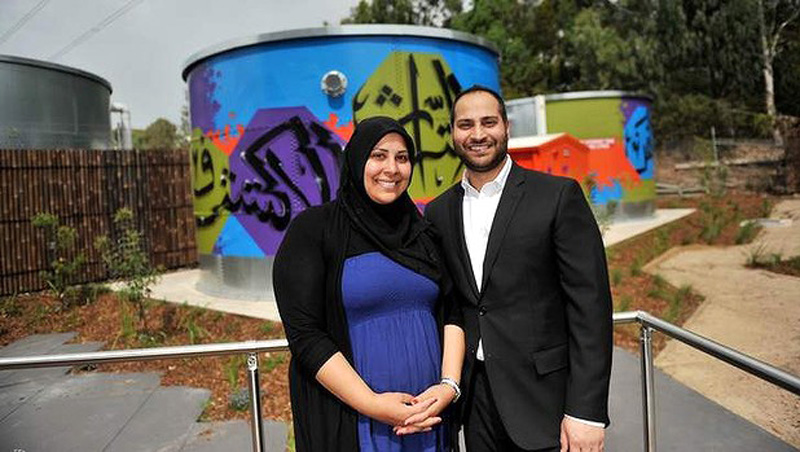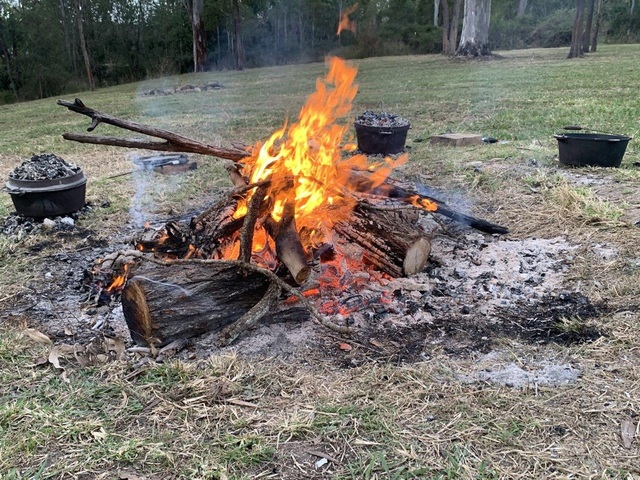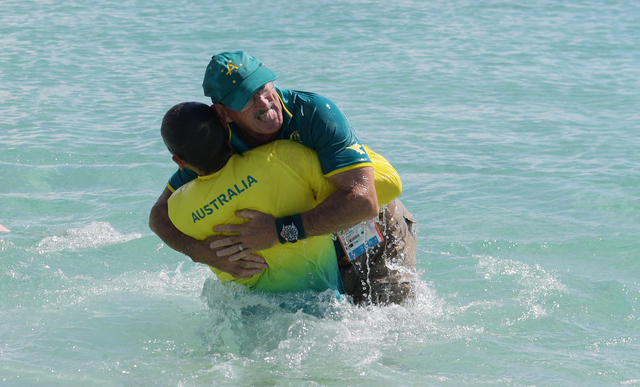A young team of people largely working pro bono have helped to complete the first Islamic Museum of Australia in just four years.
Director Moustafa Fahour, 32, is nervous but excited that the $10 million institution, mostly privately funded with less than 20 per cent government input, will open to the public on March 3.
A prayer room overlooks a billabong at the former warehouse in Anderson Road, Thornbury.
Visitors can eat Arabic sweets at a cafe near gum trees, and learn the origin of camels in the outback.
The museum will explain the tenets of the Islamic faith, and the meaning of misunderstood terms such as jihad and sharia. Patrons can stand in a minaret and listen to the call to prayer.
Displays detail the story of the prophet Muhammad and list Muslims’ inventions in maths, science, literature and chess.
Another exhibit tells the story of Australia’s Muslims, including Indonesians who traded with Aborigines in the 1700s.
Artworks will include surfboards with Islamic motifs by artist Dr Phillip George, a portrait of commentator Waleed Aly by Archibald Prize finalist Abdul Abdullah and intricate glass mosaics by Anisa Sharif.
Mr Fahour’s sister, MasterChef finalist Samira El Khafir, will run the cafe, accessible from the Merri Creek walking trail.
Two 72,000-litre water tanks here are painted with ”calligraffiti” – Arabic calligraphy by Shakeel Tariq stating the museum’s motto: Art, Heritage and Discovery.
Mr Fahour says financial and moral support, including from Christians, Buddhists and and Jews, has been ”phenomenal”.
The project began in 2010 when he and Lebanese-born wife, Maysaa, despaired at TV reports linking Islam with terrorism and oppression. Education seemed the key. ”I thought, ‘what better way can we showcase what Islam is, and the positive contributions Muslims have made to civilisation, and more importantly to Australia?”’ he says.
Mr Fahour and his wife are among a core team of about 10 people who have moulded the museum, including its general manager Ashraf Naim; art director Nur Shkembi, and education director Sherene Hassan, a longtime Islamic Council of Victoria representative.
Mr Fahour, who is now a Dubai-based construction executive, says his Lebanese-migrant parents Siham and Abdel-Raouf Fahour had inspired him. They ran a sweet shop and grocery, raised eight children in Preston, and taught him to give back to the community.







